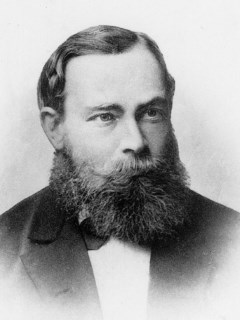
Publication details
Year: 1984
Pages: 91-99
Series: Histoire Épistémologie Langage
Full citation:
, "Sujet, prédicat, objet, concept chez Frege", Histoire Épistémologie Langage 6 (1), 1984, pp. 91-99.


Sujet, prédicat, objet, concept chez Frege
pp. 91-99
in: Logique et grammaire, Histoire Épistémologie Langage 6 (1), 1984.Abstract
Subject, Predicate, Object, Concept in Frege Sentences refer ordinarily to truth values; proper names (or subjects), to objects; concept words (or predicates), to «concepts». It should be possible for a proper name and a concept word to be joined together in the unitYof a sentence; and for their senses, in the unitYof a thought; but also, Frege maintains, for their reference, in the unitYof a truth value. The difference between subject and predicate oruy reflects within language a similar difference occurring within the things themselves, beyond their modes of donation. This is why, the object being «complete», the concept has to be «incomplete»; this also explains why concepts, although extensionnal, cannot be identified with their extensions; and this finally explains why a proper name such as «. the concept of a horse» fails, paradoxically enough, to refer to the concept of a horse (what it actually refers to is an object). But this paradox is the price to pay for a metaphysical difference. In Frege's horizon, the difference between subject and predicate had to be thought of in relation to a similar difference in the realm of sense and not of reference.
Cited authors
Publication details
Year: 1984
Pages: 91-99
Series: Histoire Épistémologie Langage
Full citation:
, "Sujet, prédicat, objet, concept chez Frege", Histoire Épistémologie Langage 6 (1), 1984, pp. 91-99.

